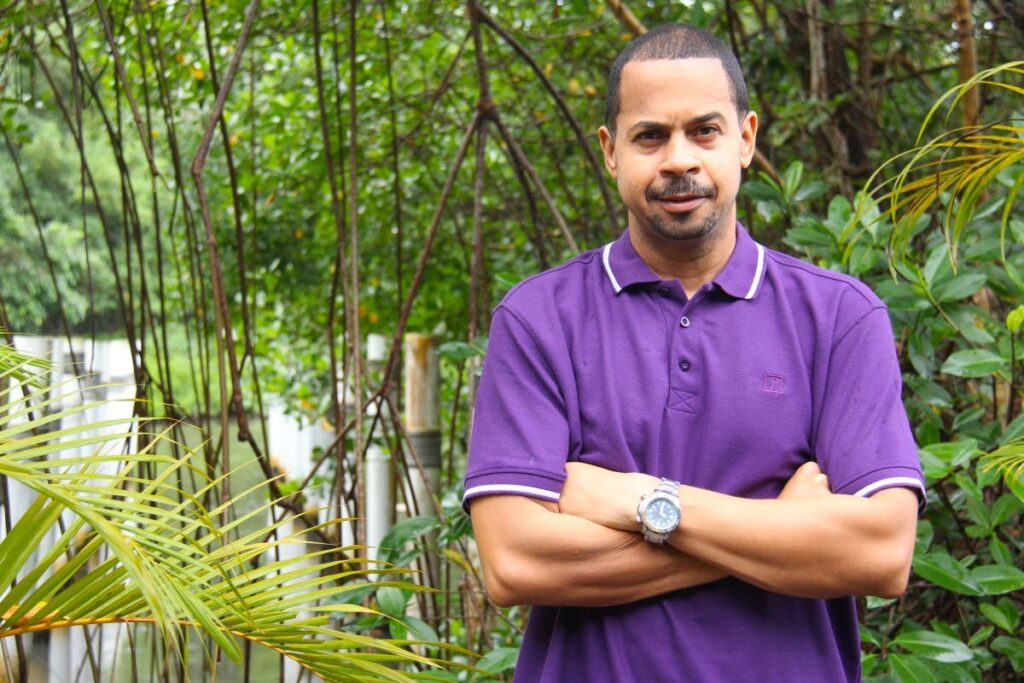What we could learn from Jamaica

CLOSE TO 1,400 people were murdered in Jamaica in 2023. Yet the island attracted more than four million tourists in that same bloody year. According to the Jamaica Observer newspaper, the country welcomed 1.1 million visitors as of the second week of March this year. This isn’t a column about crime, to be clear; it will only strafe the subject tangentially.
There’s nothing Trinidad can learn from Jamaica about crime as our citizens appear, at least by all outward appearances, at peace with rampant criminality in this murdertopia. The robust tourism figures in Jamaica are attributed, in part, to a shift in marketing tactics. Specifically, there has been an aggressive push by the Jamaica Tourist Board towards digital marketing, dialling back somewhat on conventional tactics.
The JTB, it seems, understands how to use digital marketing to target specific market segments online. From my reading of it, Jamaicans are using more SEO (search engine optimisation) to boost the visibility of the destination, particularly with audiences on the digital prowl for their next holiday getaway/wedding destination/absconding from justice with company pension funds.
A strategic digital marketing ideology allows the island greater focus on finding its ideal clientele using the language of online discovery. Naturally, no one should take glowing accounts of any state agency without a grain of scepticism – but as their tourism statistics suggest, there’s something in the way of proof in that pudding.
While not a comparison between Jamaica and TT as tourism destinations, some might argue brand Jamaica is infinitely more potent than brand “Trini.” This is true. Many people in countries outside the region often assume if you’re from the Caribbean then you must be Jamaican. What’s also true is Jamaica’s parallel identity as a dangerous place is equally well known.
Here’s an excerpt from a US travel advisory issued this year by the US State Department: "Violent crimes such as home invasions, armed robberies, sexual assaults and homicides are common. Sexual assaults occur frequently, including at all-inclusive resorts. Local police often do not respond effectively to serious criminal incidents.”
As far as that damning resume goes, Jamaica and TT are practically twin flames. At any rate, these are the odds Jamaica must confront while trying to promote itself in a fiercely competitive market. So what are we doing to promote our slice of paradise?
Just a year ago chairman of Trinidad Tourism Ltd Clifford Hamilton, flanked by CEO Carla Cupid, told a parliamentary committee, “We’re hoping we can enter into some agreement with Google whereby, in terms of search engines, if we give them content that’s positive, when you Google Trinidad what comes up first are those positive things we’re saying about the country or other people are saying about the destination.”
Hamilton was speaking about efforts to counteract the (negative) international perception of TT.
That, ladies and gentlemen, is a shocking insight into the thought process of people handsomely paid to market this country. If people at the very top don’t understand how Google works, then SEO and targeted digital marketing can’t be too far behind on the list of things they don’t know.
As an interesting side note, Hamilton also said tourists aren’t concerned about crime (demonstrably false). If the chairman truly believed that, why then trouble himself with fanciful ideas of holding talks with Google to promote more positive stories about TT?
Meanwhile, a quick Google search of Trinidad while writing this column turned up the usual Wikipedia result at the top. Not far below, however, were the following headlines: "4-year old girl beheaded in Trinidad" and "State of depravity," the Express editorial.
News websites typically rank high in Google, often on the first page of search results because they have a strong domain authority. For example, the oil spill off Tobago dominated search results so comprehensively that the stories triggered not just widespread international coverage, but “reporting” by content creators on platforms like TikTok.
The only way to counteract negative stereotypes perpetuated by online search results is to seize control of your narrative. We need to use SEO to accurately and consistently target international audiences with stories and images conveying what we want people to know about our country. This, of course, doesn’t absolve the authorities of their responsibility to combat crime.
Negotiating with Google to prominently feature positive stories is not a thing. In my estimation, there’s also little we can learn from Jamaica about digital marketing. On the evidence, we don’t know what we don’t know – and that puts us far behind.

Comments
"What we could learn from Jamaica"